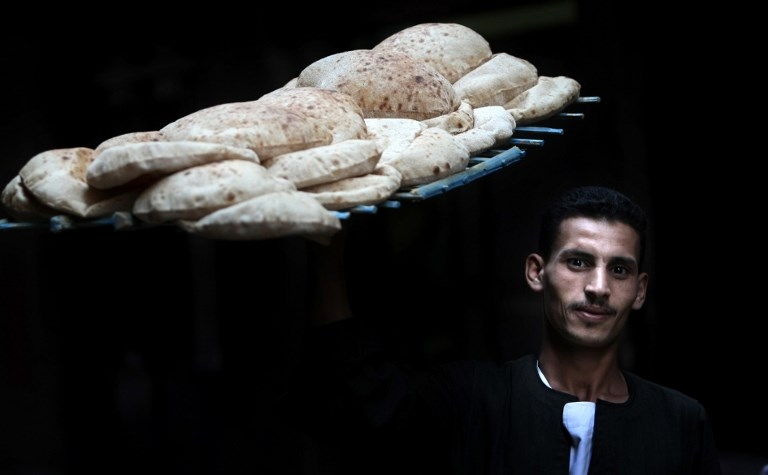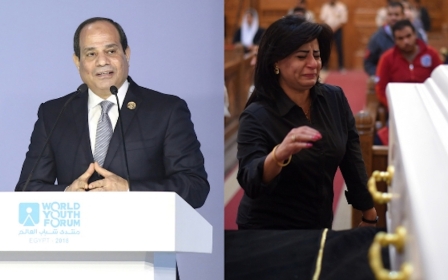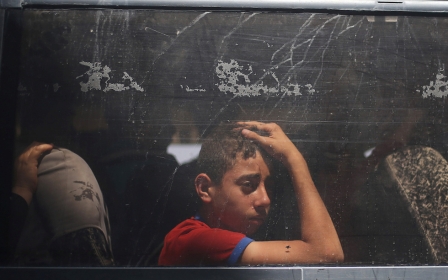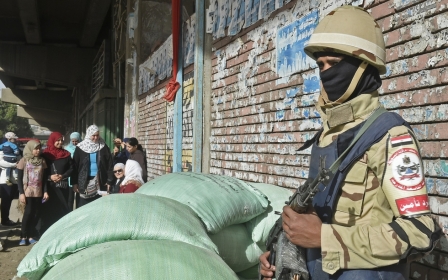Egypt to amend widely criticised NGO law

Egypt plans to amend a law that activists say essentially bars non-governmental organisations (NGOs) from carrying out their work in the country.
The prime minister's office said on Wednesday that it would set up a ministerial committee to look into changes to the NGO law, as the legislation is known.
Ratified in May 2017 by President Abdel Fattah al-Sisi, the law was described as the "worst in history" amid a growing crackdown on Egyptian civil society.
Since Sisi took power in 2014, rights groups have regularly accused his government of human rights violations and the repression of dissidents.
On Wednesday, Prime Minister Mostafa Madbouly's office said the committee tasked with looking into the law would help "achieve the aspirations of civil society".
The move comes after Sisi addressed the law in a speech dubbed a "propaganda show" at the World Youth Forum in Sharm el-Sheikh.
"We... want the law to be balanced and to do what is expected of it to organise the work of NGOs in the right way," Sisi told the attendees.
Strict control over NGOs
Law 70 of 2017 for Regulating the Work of Associations and Other Institutions Working in the Field of Civil Work gives Egypt's intelligence and security services strict control over the activities of NGOs, especially groups that receive foreign funding.
Those that violate the law could receive up to five years in jail and fines of up to one million Egyptian pounds (more than $55,000).
The law has been the target of strong criticism from the United Nations and international watchdogs, including Human Rights Watch (HRW).
In April, HRW accused Sisi's government of carrying out "a crackdown almost unparalleled in Egypt's history on nongovernmental organisations and activists".
El-Sisi and the Egyptian parliament should immediately repeal the nongovernmental organisation law, and draft a new one through a free and transparent dialogue with independent groups
- Human Rights Watch in April 2018
That includes through its use of the NGO law, which the group said "will effectively eradicate independent groups".
At the time, HRW called on the president and the Egyptian parliament to "immediately repeal" the NGO law, "and draft a new one through a free and transparent dialogue with independent groups".
The law also gives the government the power to decide who can establish an NGO and for what purpose, and obliges groups to stick to the "state's development plan," severely restricting the work they can do in areas the government does not consider a priority.
It also bans domestic and foreign groups from engaging in political activities or anything the government decides will harm national security, public order, public morals or public health - a means, say rights groups, to stifle dissent.
Even apolitical charities say the legislation restricts their work at a time when subsidy cuts and tax increases have made it harder for Egyptians to make ends meet.
Charities have long played an important role in feeding and clothing people and providing healthcare and education in Egypt, where millions of people live on less than $2 a day.
Middle East Eye propose une couverture et une analyse indépendantes et incomparables du Moyen-Orient, de l’Afrique du Nord et d’autres régions du monde. Pour en savoir plus sur la reprise de ce contenu et les frais qui s’appliquent, veuillez remplir ce formulaire [en anglais]. Pour en savoir plus sur MEE, cliquez ici [en anglais].




